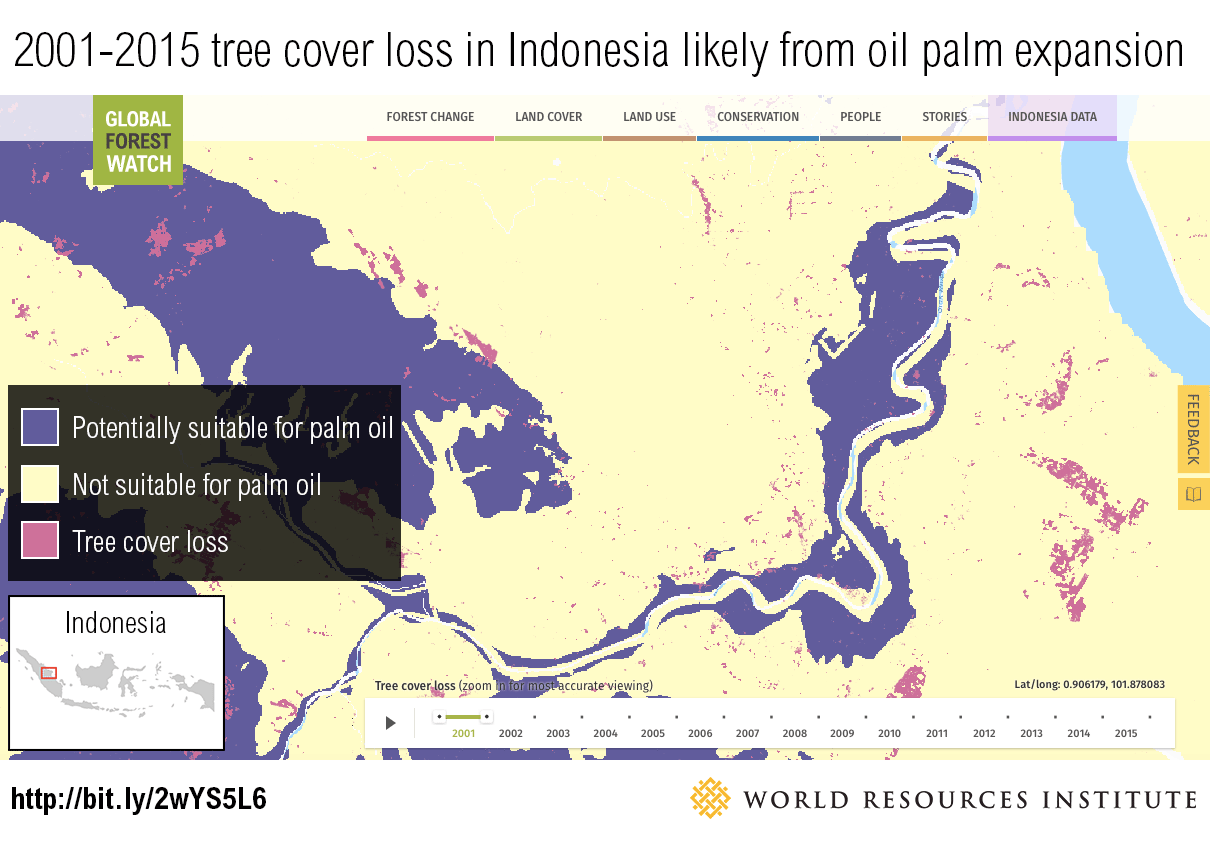Relevance in Indonesia
Environmental racism is an issue that is becoming increasingly prevalent in Indonesia. Certain ethnic groups are targeted and exposed much more to environmental dangers, such as:

Dayaks: The plentiful forests in Borneo have recently been subjected to deforestation and forest fires for palm oil plantations. This creates a toxic haze, which has had adverse effects not only on the air quality of their area but also the Dayaks’ respiratory health collectively.

Papuans: Some of the biggest land mines in the world are located in Papua. Many Papuans who work in the mining industry or live near it are at an increased risk of cardiovascular, respiratory, and hearing problems.

Moluccans: The Maluku islands are a hotbed for goldmines. The establishment of mines in the area has led many Maluku natives to report water pollution in rivers as well as a decrease in the fish population. This has severely changed their consumption habits.
For example, Papuans, an ethnic minority in Indonesia, are often discriminated against due to the colour of their skin.
Home to the world’s largest gold mine and third-largest copper mine, it isn’t difficult to see the reason why corporations would want to benefit from these resources.
As a result of numerous unsustainable operations, many water sources have been polluted, more natural disasters such as soil erosion and landslides have occurred due to deforestation, and much of the land is used for mining.
That being said, this is incredibly detrimental to Citizens of Papua as they are prone to illnesses due to the unfavourable conditions, thus making them spend more money to get these health conditions treated.
Not to mention that it is also damaging towards Papua’s indigenous people, who have a heavy reliance on these natural resources, and therefore, the continuation of these acts to the environment would harm them particularly.
A case about Environmental Racism experienced by Riau Women in Indonesia:

A group of women from Sungai Berbari, a village in Riau, Indonesia, blockade a road that leads to a nearby oil palm plantation. They’re protesting the companies that operate the plantation because they failed to water the roads regularly, as promised, to prevent dust from kicking up as their haul trucks drive by. Dust in the air is a major cause of acute respiratory disease for the villagers.
The protest grabbed the companies’ attention for a day, but progress was short-lived. The companies watered the road for a few days, but no fines or penalties were issued and it was back to business-as-usual within a week.
This kind of scenario has become commonplace ever since the Indonesian government began granting concessions across Riau’s forests for agricultural operations without consulting with communities or enforcing the terms of agreements. To understand and effectively advocate for better land use policy, villagers like these women need tangible information about the forests around them.

Poorly managed, large-scale agricultural operations make life difficult for the residents of Sungai Berbari. Women often bear the brunt of the consequences. They are responsible for domestic duties, such as procuring clean water, childcare and managing household finances—the elements of daily life that are most affected by poor land use planning.
Plantations often pollute local water supplies, forcing women to buy clean water with already limited incomes. Large plantations also increase the distance women and their children must travel to schools and healthcare facilities.

Other problems affect the whole village. For example, companies burn carbon-rich peatland to develop plantations, causing crisis-level haze that increases the risk of pulmonary disease and even leads to death. Despite being disproportionately affected, women have little power to address these issues.
They take informal actions, like organizing protests, but remain systematically left out of the formal land use decisions that could have longer-term impacts or avoid these conflicts in the first place. Even when women are invited to attend official discussions, cultural norms dictate that only men should decide on public matters and deter women from participating.

Full article: click here
Common Culprits
Government: legislation such as the Omnibus Law (RUU Cipta Kerja) has prioritized businesses over the environment. One of its clauses has repealed a regulation that required at least 30% of forest land to be conserved for each watershed/island area.
Businesses: Lax regulation has encouraged many companies to exploit the land. Many companies (both national and multinational) in the mining, pulp, and paper industry often use the land in Indonesia due to its rich soil and often cheap nature thus leading to land exploitations that belong to the homes of rural communities.
Ourselves: Where does our rubbish end up when we litter? Most of the garbage that we throw out recklessly ends up in landfills that are often surrounded or are close by to low-income neighbourhood and housings. We may unintentionally contribute to environmental racism when we forget to be conscious of the fact that we must treat people’s lands with respect.

Can something be done about Environmental Racism in Indonesia?
Educate: Indonesia has the highest percentage (18%) of climate change deniers! This issue will continue if we fail to educate friends and family about environmental issues and their impacts on others right now.
Donate: Many charities provide medical and financial aid to marginalized groups. For example, the International Medical Corps has provided medical support in areas such as Maluku, Kalimantan, and Sulawesi since 2000.
Beware: Refrain from using or investing in products that contribute to environmental racism in Indonesia, such as palm oil. If you’re into financial markets, avoid investing in unethical companies such as mining giant BHP.


